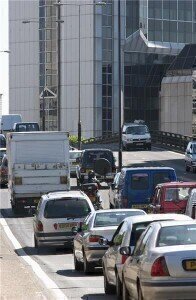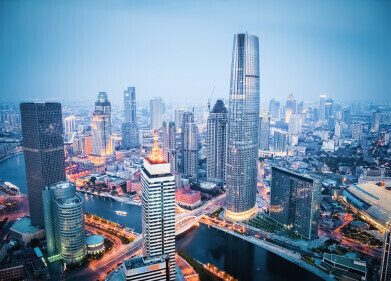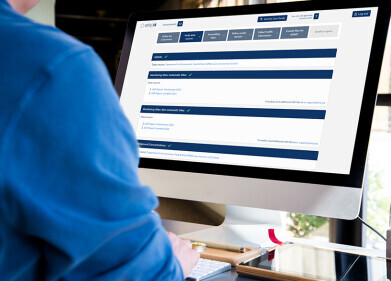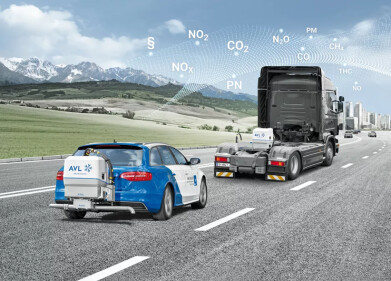Air Monitoring
Why remote working is vital post lockdown
Jun 18 2020
The Business Clean Air Taskforce  (BCAT), which includes organizations Ricardo, Uber, Philips and ENGIE, has presented the results of a new survey that demonstrates that in addition to its clear benefits to urban air quality, continued remote working is both achievable and welcomed by the public
On the basis of the results of the nationally representative survey of 2,000 UK respondents, charity Global Action Plan is urging the continuation of remote working as an option post lockdown to prevent a second spike of Coronavirus, keep the streets free for key workers and air pollution down.
Of those surveyed, almost 1 in 5 commutes by car could be avoided if employees continue to work remotely as we emerge from lockdown. The BCAT survey also identified that 87 percent of those currently working from home would like to continue to do so to some degree – which implies that post-lockdown the UK could have 17 million regular remote workers versus just 10.8 million pre-lockdown. In addition, of the 19.5 million who have been working from home during lockdown, 41 percent were previously not permitted to do so.
While remote working is not suitable for all professions and or welcomed by everyone, allowing employees the option to work from home when it suits them can improve wellbeing, with 54 percent of lockdown homeworkers saying they are less stressed, and 65 percent are happier not to have to deal with a rush hour commute. 
To avoid a surge in air pollution and the health issues it causes, Global Action Plan is encouraging businesses to embrace remote working fully for all employees it suits, as workplaces begin to reopen. This is the most immediate action companies can take to prevent employees from defaulting to driving to the office and clogging up the streets for those who must work on site.
Analysis of Breath London Data by Environmental Defense Fund Europe shows that air pollution significantly decreased after confinement measures went into place, with notable reductions during weekday commuting hours. Across Greater London, NO2 pollution decreased by around 25 percent during the morning commute (8-11am) and 34 percent in the evening (5-8pm).
Stuart Sneddon, Ricardo Energy & Environment associate director for air quality monitoring and modelling, commented: “During the lockdown period, concentrations of NOx in many towns and cities across the UK dropped significantly, due largely to the dramatic fall in road traffic on the roads. Department for Transport estimates indicate that in some locations, car usage dropped to less than a quarter of pre-lockdown levels, with concentrations of NOx recorded at monitoring sites during this period showing up to an 80 percent reduction in NOx. As the UK gradually moves out of lockdown, our approach to travel, remote working, and selected mode of transport will be an important factor as we try to bring about sustained improvements in air quality. However, not all air pollutant concentrations are directly related to transport, so we should not be complacent that tackling this sector alone is the complete solution.”
Digital Edition
IET 34.2 March 2024
April 2024
Gas Detection - Biogas batch fermentation system for laboratory use with automatic gas analysis in real time Water/Wastewater - Upcycling sensors for sustainable nature management - Prist...
View all digital editions
Events
Apr 30 2024 Melbourne, Australia
Apr 30 2024 Birmingham, UK
May 03 2024 Seoul, South Korea
May 05 2024 Seville, Spain
May 06 2024 Minneapolis, MN, USA


















